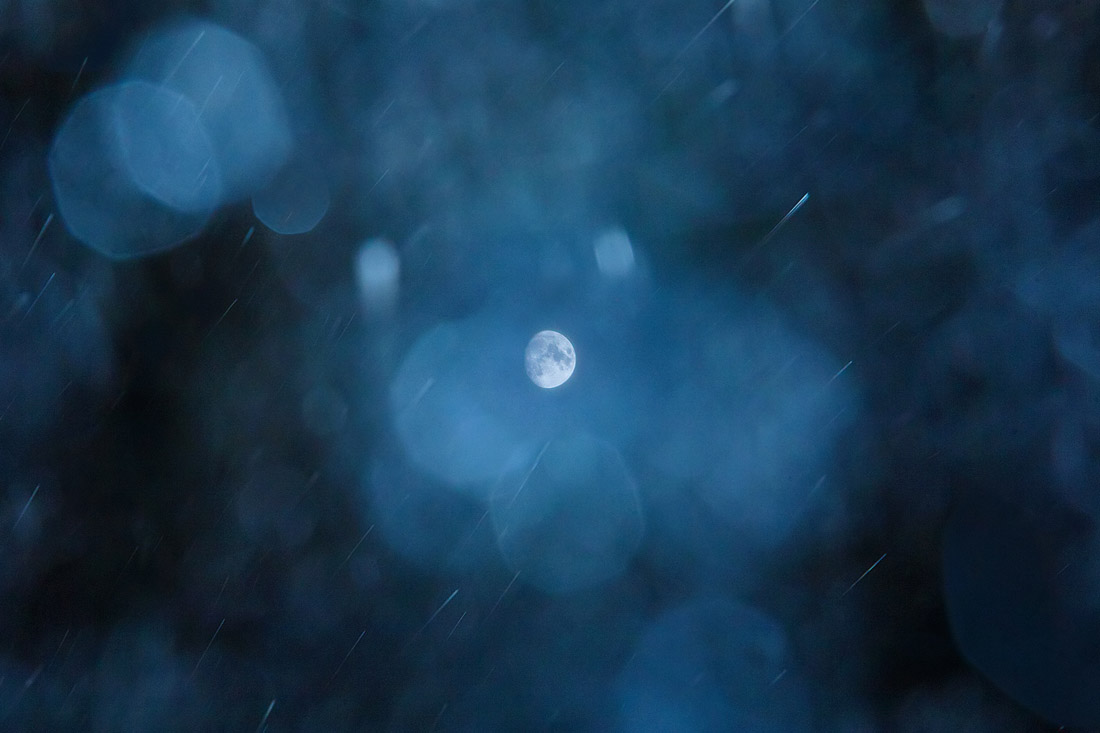Difference between revisions of "January 15, 2014"
| Line 1: | Line 1: | ||
__NOTOC__ | __NOTOC__ | ||
=What is This?= | =What is This?= | ||
| − | |||
<!-- ws:start:WikiTextHeadingRule:0:<h1> --> | <!-- ws:start:WikiTextHeadingRule:0:<h1> --> | ||
<!-- ws:start:WikiTextLocalImageRule:6:<img src="/file/view/LPOD-Jan15-14.jpg/482869326/LPOD-Jan15-14.jpg" alt="" title="" /> -->[[File:LPOD-Jan15-14.jpg|LPOD-Jan15-14.jpg]]<!-- ws:end:WikiTextLocalImageRule:6 --><br /> | <!-- ws:start:WikiTextLocalImageRule:6:<img src="/file/view/LPOD-Jan15-14.jpg/482869326/LPOD-Jan15-14.jpg" alt="" title="" /> -->[[File:LPOD-Jan15-14.jpg|LPOD-Jan15-14.jpg]]<!-- ws:end:WikiTextLocalImageRule:6 --><br /> | ||
| − | <em>image by [mailto:rosen@pixmix.a.se Peter Rosén]</em><br /> | + | <em>image by [mailto:rosen@pixmix.a.se" rel="nofollow Peter Rosén]</em><br /> |
<br /> | <br /> | ||
Q: I see the Moon but the surroundings are somewhat surrealistic. How was this image produced?<br /> | Q: I see the Moon but the surroundings are somewhat surrealistic. How was this image produced?<br /> | ||
| Line 10: | Line 9: | ||
A: This is not the Moon under a meteor shower nor through a window but under a strong snowfall and clouds that let the Moon shine through. I tried many settings to find the best one for this picture: I used my Canon Eos5D MkII and a 70-200 f/2.8 zoom set at 200mm. In order to get the snow as much as possible into sharp focus, I increased the sensitivity to 1600 Iso so I could stop down the aperture to 16 for a bigger depth of field. I then fired a strong flash to "freeze" the snowflakes passing in front of the Moon. The ones far away got sharp and look like short meteor trails while those closer to the lens have the typical out-of-focus pattern with the shape of the 8 diaphragm blades.<br /> | A: This is not the Moon under a meteor shower nor through a window but under a strong snowfall and clouds that let the Moon shine through. I tried many settings to find the best one for this picture: I used my Canon Eos5D MkII and a 70-200 f/2.8 zoom set at 200mm. In order to get the snow as much as possible into sharp focus, I increased the sensitivity to 1600 Iso so I could stop down the aperture to 16 for a bigger depth of field. I then fired a strong flash to "freeze" the snowflakes passing in front of the Moon. The ones far away got sharp and look like short meteor trails while those closer to the lens have the typical out-of-focus pattern with the shape of the 8 diaphragm blades.<br /> | ||
<br /> | <br /> | ||
| − | <em>[mailto:rosen@pixmix.a.se Peter Rosén]</em><br /> | + | <em>[mailto:rosen@pixmix.a.se" rel="nofollow Peter Rosén]</em><br /> |
<br /> | <br /> | ||
<hr /> | <hr /> | ||
Revision as of 22:54, 4 January 2015
What is This?

image by " rel="nofollow Peter Rosén
Q: I see the Moon but the surroundings are somewhat surrealistic. How was this image produced?
A: This is not the Moon under a meteor shower nor through a window but under a strong snowfall and clouds that let the Moon shine through. I tried many settings to find the best one for this picture: I used my Canon Eos5D MkII and a 70-200 f/2.8 zoom set at 200mm. In order to get the snow as much as possible into sharp focus, I increased the sensitivity to 1600 Iso so I could stop down the aperture to 16 for a bigger depth of field. I then fired a strong flash to "freeze" the snowflakes passing in front of the Moon. The ones far away got sharp and look like short meteor trails while those closer to the lens have the typical out-of-focus pattern with the shape of the 8 diaphragm blades.
" rel="nofollow Peter Rosén



